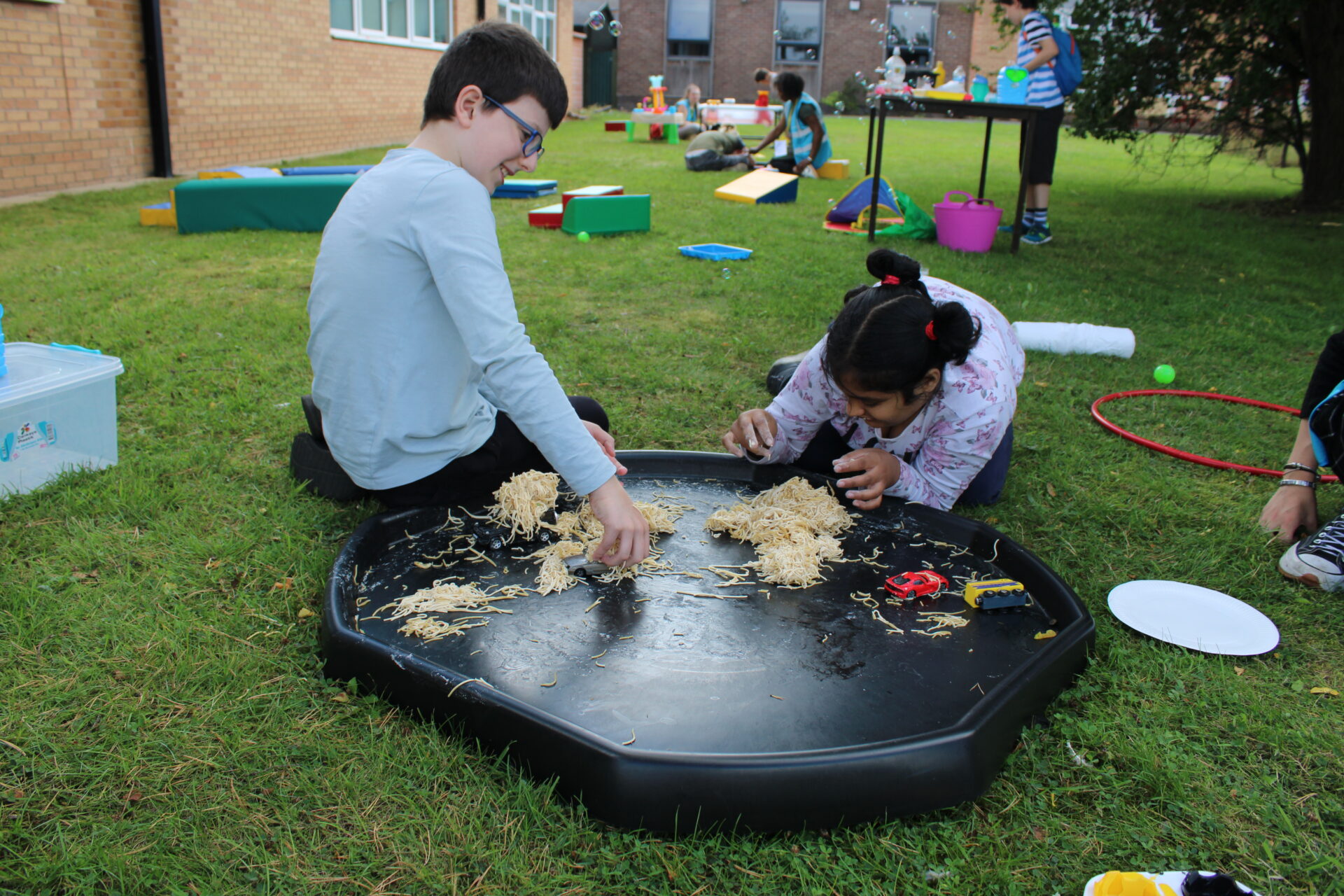People often hear the terms learning difficulties and learning disabilities and get the two terms confused. The words difficulties and disabilities may seem interchangeable on the surface, but both are distinct terms that identify a unique range of learning challenges. People can have both learning difficulties and disabilities, but support or a solution suitable for one person will not necessarily help someone else overcome their challenges. Let’s discover exactly what is the difference between learning difficulties and learning disabilities and how children and young people can be supported to help them overcome their learning challenges.

The differences between difficulties and disabilities
The most basic difference between learning difficulties and learning disabilities is that a learning difficulty does not impact a person’s intellectual abilities. Someone with a learning difficulty, such as dyslexia, has the intellectual potential to understand and engage with words or numbers but their dyslexia creates a barrier to overcome to achieve that potential.
Learning disabilities impact a person’s intellectual ability, and the barriers between them and their potential may take many forms. Learning difficulties can be overcome through changing learning styles, the presentation of information, or even giving people more time to understand and complete tasks than those without learning difficulties. People with learning disabilities require support from others and sometimes from equipment to overcome obstacles and communication issues that are between them and their learning.
Supporting children and young adults with learning disabilities
Children and young people with learning disabilities often face a set of challenges that are unique to them and their needs. Each learning disability typically falls into one of four categories of disability; mild, moderate, severe or profound. The severity of the disability will often determine the level of support a child or young person needs and any additional resources they may need such as specialised learning equipment.
People with learning disabilities can often have trouble retaining information, which can include their name, age, address, or important medical details. Supporting them through these challenges can sometimes include providing them with written details they can use to refer to the information they need when they need it.
Children and young adults with more severe or profound learning disabilities may need technological support in the form of a tablet or PC to help them learn, or the assistance of a dedicated support worker to help them approach learning challenges.
Activities for children and young adults with learning disabilities
Activity is important to every child’s physical well-being and health. Sports, games, crafts, and art are all vital and stimulating activities for children with special needs and disabilities. These types of activities give children with learning disabilities an opportunity to express themselves through creativity or exercise and improve their health through sports and active games.
Children who take short breaks at our Seashell homes enjoy daily activities, and support from our staff to assist them in developing their physical and social skills. This also gives their full-time carers and families respite from the responsibilities and demands of caring for a child with learning disabilities. Not only does a short break help children, but it can also help their families too, allowing them to participate in activities or visit locations that they would not normally be able to with a child with learning disabilities.
Support at Seashell
At Seashell, we support children and young people with learning difficulties and disabilities, and their families. We provide learning, social, and health activities to children and young people across the full range of learning disability levels. We have the resources, tools, and team needed to fully support children and their families to help children develop their skills and gain abilities that will enable them to be more independent and communicative.
When young people and children take short breaks and respite care with us at one of our home-from-home care houses it gives their families relief from full-time care, which can be incredibly beneficial to both children and their families. The children enjoy days of activities, learning, and engagement while their families get respite from the responsibilities and demands that a child with learning disabilities needs day to day.
There are many differences between learning difficulties and learning disabilities, but the most crucial difference to understand is that someone with learning difficulties can overcome them and attain the same level of skills and knowledge as someone without them.
For people with learning disabilities, there are many approaches and tools to help them develop their skills, but they will not be able to attain the same level of knowledge, understanding, and skills as someone with or without learning difficulties. They can still enjoy a full and enriching life with support from their families and carers, and the help of the team at Seashell.

